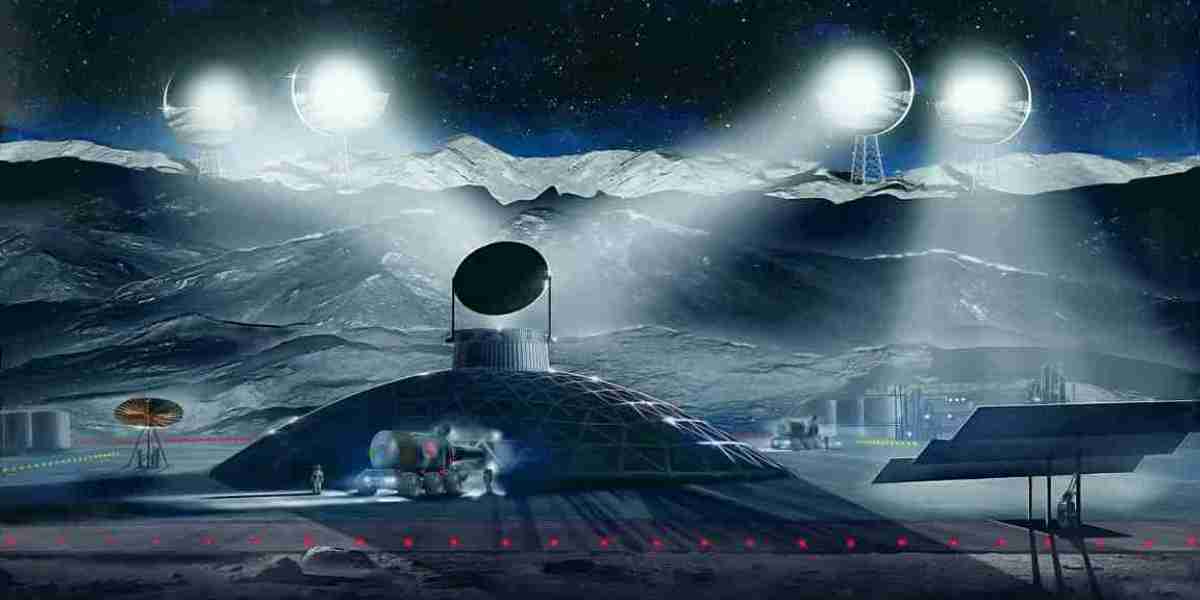Superpowers compete for minerals on asteroids and moons
September 20, 20243 Mins Read
Everyone knows that the competition for the moon has started again. The US space agency NASA has already completed the Artemis 1 mission. The next two phases, the Artemis 3 mission, will land humans back on the moon. NASA's future plans include the creation of a lunar colony.
Mineral exploration
On the other hand, Russia recently launched an operation that failed. At the same time, India's Chandrayaan 3 landed on the moon at the lowest cost. Japan has also successfully landed the Moon Sniper spacecraft on the moon in a recent mission.
During the Cold War, the United States and Russia were the first to compete for the moon. The space age started with its hands. He called the competition curtain by American astronaut Neil Armstrong's landing on the moon. However, the interest in the expedition to the moon has largely disappeared. Because the United States won the space race. Then the expedition started in various directions including various asteroids, other planets of the solar system.
But after such a long time, the competition to win the moon is back again. This time the effort has started on a bigger scale, more massively. Not only that. Countries are now conducting operations on various asteroids. NASA recently sent a spacecraft to an asteroid named Psyche. On the other hand, Japan has launched an operation on the Hayabusa 2 asteroid. The question is, why? Why this competition?
Many people may know the answer behind this. Many may be surprised to hear the answer - mining. Yes, there is research matter, there is importance of proving technical capability, there are many more. However, beyond these, the issue of finding valuable minerals is repeatedly coming up.
That is, this is not the only reason, nor is it that anyone is exaggerating the prospect of minerals; However, the topic is coming back again and again in the discussion. Questions are also raised about the law on this matter. For example, will any country be able to find and collect minerals on the moon or an asteroid? Who owns the moon or an asteroid? This article is written on various topics including the answers to such questions, the possibility of extracting such minerals.
Let's start with the question of who owns the moon. In the July 2023 issue of Vigyanchinta, an article titled 'Who owns the moon' was published. A few excerpts from it will make the matter clear—
An agreement called the Outer Space Treaty was signed in 1967, two years before man set foot on the moon. According to the treaty, no country can claim ownership of the moon or any object in space. The entire human race owns all the property outside the world. As of 2019, 109 countries have signed this agreement. Another 23 countries have signed the treaty but have not yet received formal recognition.
From this you can understand that no country can claim ownership of the moon. But there is a legal 'but'. With this 'but', many say that private companies can claim ownership of certain parts of the moon if they want. However, according to space law experts, if a nation or state cannot claim ownership of space, then the people of any state cannot claim ownership.
Of course, the flow of different states! The United States passed the 'Space Act' in the US Senate in 2015. According to this law, US citizens can claim ownership of various assets in space. On the other hand, the Luxembourg government passed a law in 2017 that gave its citizens the right to collect and own assets from the universe.
Appeals against Japan and the United Arab Emirates did not avail much. But currently countries are trying to come to a common policy. Because finding minerals not only on the moon but also on asteroids is now important. So a policy for all has become a necessity.



















































